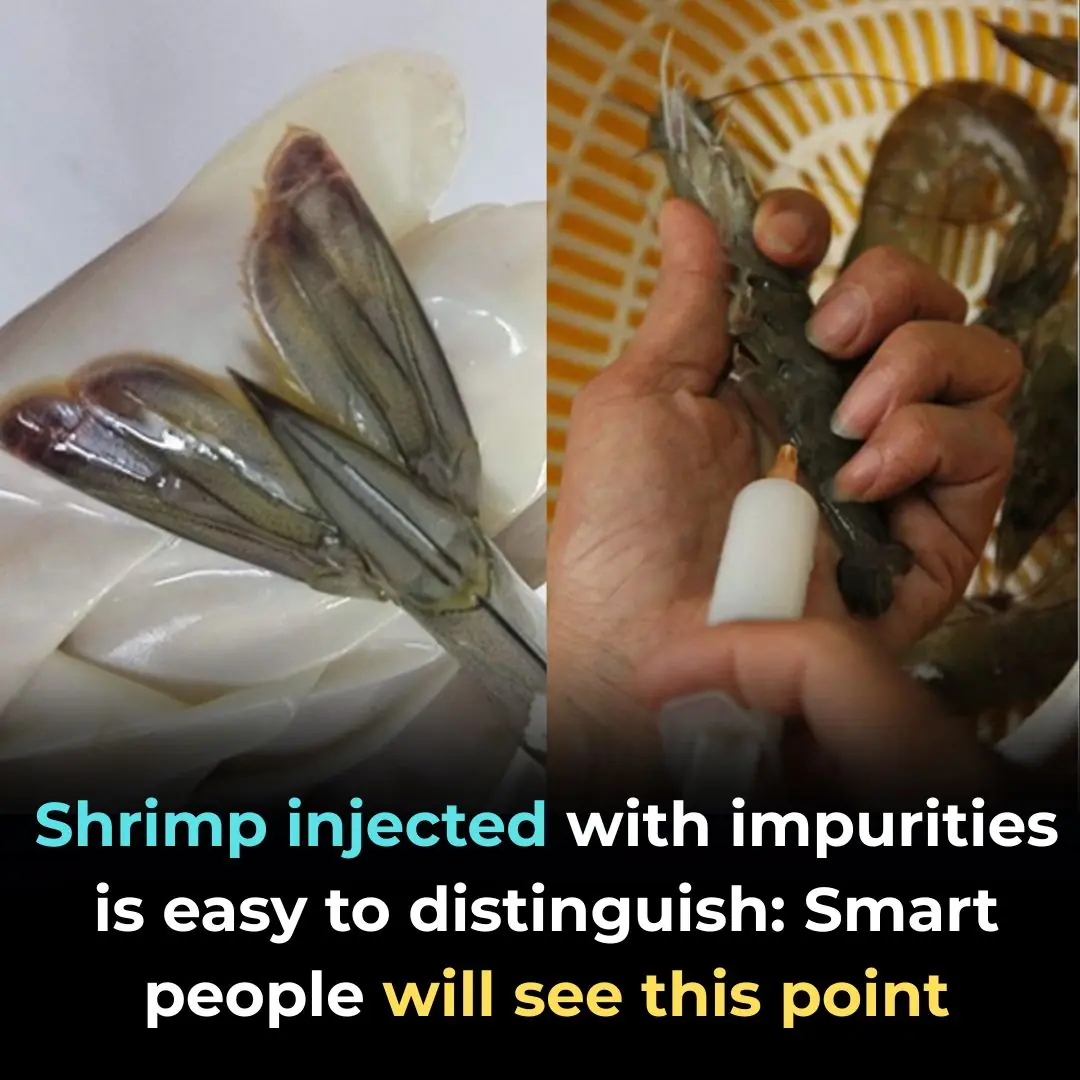
Were you aware of this? Wow, I discovered something new!
Mosquito bites are an all-too-familiar nuisance, especially during the warmer months when these tiny insects are most active. A peaceful evening outdoors can quickly turn into a frustrating ordeal filled with persistent itching. Despite their small size, mosquitoes are infamous for the discomfort and irritation their bites cause. For generations, people have searched for effective ways to soothe the swelling and itching that follow a bite.
While traditional remedies like anti-itch creams, ice packs, and natural solutions such as aloe vera are popular, a surprisingly simple household item may provide an unexpected solution. In this article, we explore a lesser-known technique that uses a common kitchen utensil in a creative way. Get ready to discover the spoon remedy for mosquito bites—an easy, accessible, and surprisingly effective approach.
1. The Everyday Struggle with Mosquito Bites
Mosquito bites are more than just minor annoyances—they can cause significant discomfort and even trigger allergic reactions in sensitive individuals. When a mosquito bites, it injects saliva into the skin containing proteins that prevent blood clotting. This prompts an immune response, resulting in the classic symptoms: redness, swelling, and intense itching.
The itching can be so severe that scratching becomes almost instinctive. Unfortunately, scratching can worsen the problem by breaking the skin, increasing the risk of infection. In some cases, mosquito bites can cause large welts, hives, or prolonged irritation that lasts for days. The search for reliable relief is universal, with countless remedies tried, often with mixed results.
2. Introducing the Spoon Remedy
The spoon remedy is a surprisingly simple method that can reduce the itching caused by mosquito bites. This technique involves using a heated spoon to apply gentle heat directly to the bite. The method was discovered somewhat by accident when someone noticed that warmth seemed to reduce itching after a mosquito bite.
To try this remedy, all you need is a metal spoon and a source of hot water. The heat from the spoon is believed to break down the proteins in mosquito saliva responsible for triggering itching. This simple approach offers a chemical-free, quick, and accessible solution.
3. How Heat Neutralizes Itching Proteins
The effectiveness of the spoon remedy is rooted in basic science. Mosquito saliva contains proteins that trigger an immune reaction, causing redness, swelling, and intense itching. Applying heat to the bite denatures these proteins, meaning the protein structures are altered and rendered inactive.
By neutralizing the proteins, the immune response is lessened, providing almost immediate relief from itching and swelling. In addition, heat can stimulate blood flow to the affected area, which may aid the skin’s natural healing process. This dual action makes the spoon remedy both fast-acting and practical.
4. Step-by-Step Guide to Using a Heated Spoon
Here’s how to safely apply this method:
-
Boil water and pour it into a cup or bowl.
-
Place a metal spoon in the hot water for about 1 minute to heat it.
-
Carefully remove the spoon, testing it on your wrist to ensure it isn’t too hot.
-
Gently press the back of the spoon onto the mosquito bite for 30 seconds.
-
Repeat if needed, but avoid prolonged contact to prevent burns.
This method is quick, simple, and requires minimal equipment, making it a highly accessible option for almost anyone.
5. Why the Spoon Method Works
The spoon remedy works because heat denatures the proteins in mosquito saliva. By neutralizing these proteins, the immune system is less likely to overreact, resulting in reduced itching and swelling. Additionally, the warmth may improve circulation around the bite, helping the skin recover more quickly. This makes it a natural and effective alternative to chemical-based treatments.
6. Comparing the Spoon Method to Traditional Remedies
Traditional treatments include antihistamine creams, hydrocortisone gels, ice packs, and natural solutions like aloe vera or baking soda paste. While these can be effective, they often require specific products that may not always be available.
The spoon method stands out for its simplicity and convenience. It uses items found in any household kitchen and provides nearly instantaneous relief, unlike some creams that may take longer to take effect. For those seeking a natural, chemical-free solution, this method is particularly appealing.
7. Safety Tips for Applying Heat
Though generally safe, applying heat to the skin requires caution:
-
Test the spoon on your wrist before using it on the bite.
-
Avoid broken skin or highly sensitive areas.
-
Limit the duration of heat application to prevent burns.
-
Stop immediately if you feel discomfort or irritation.
Following these precautions ensures the method is both safe and effective.
8. Alternative Remedies for Mosquito Bites
If you prefer other approaches, several remedies can also help relieve itching:
-
Baking soda paste: Mix with water to neutralize the skin’s pH.
-
Aloe vera gel: Provides a cooling and anti-inflammatory effect.
-
Apple cider vinegar: Dab a small amount to reduce itching.
-
Cold compress or ice pack: Numbs the area and reduces swelling.
These options allow flexibility, letting individuals choose the solution that works best for them.
9. Prevention: The Best Defense
The best way to deal with mosquito bites is to prevent them in the first place:
-
Use insect repellents containing DEET, picaridin, or lemon eucalyptus oil.
-
Wear long sleeves and pants, especially during dawn and dusk when mosquitoes are most active.
-
Install screens on windows and doors.
-
Remove standing water near your home to prevent breeding.
Preventive measures not only protect your skin but also allow you to enjoy outdoor activities worry-free.
10. Understanding the Science of Mosquito Bites
Itching occurs due to histamine release in response to mosquito saliva proteins. When the mosquito pierces the skin, the immune system identifies these proteins as threats and releases histamines, leading to redness, swelling, and intense itching. Knowing this mechanism explains why heat and other remedies are effective in reducing symptoms.
11. Real-Life Success Stories
Many have experienced relief using the spoon method. For example, Sarah, a mother of two, discovered it while camping and was amazed at how quickly it alleviated her children’s itching. Similarly, Tom, an avid gardener, found it far more effective than creams, providing instant relief without chemicals.
These stories highlight the spoon remedy’s practicality and its potential to improve the quality of life for those frequently bothered by mosquito bites.
12. Conclusion
Mosquito bites may be small, but the discomfort they cause can be significant. While traditional remedies have their place, the simple spoon method provides a fast, chemical-free, and accessible solution. By applying heat to denature proteins in mosquito saliva, this technique can reduce itching, swelling, and irritation—turning a potentially miserable experience into something much more manageable. With proper precautions, this easy household trick could become your go-to method for instant relief from mosquito bites.
News in the same category

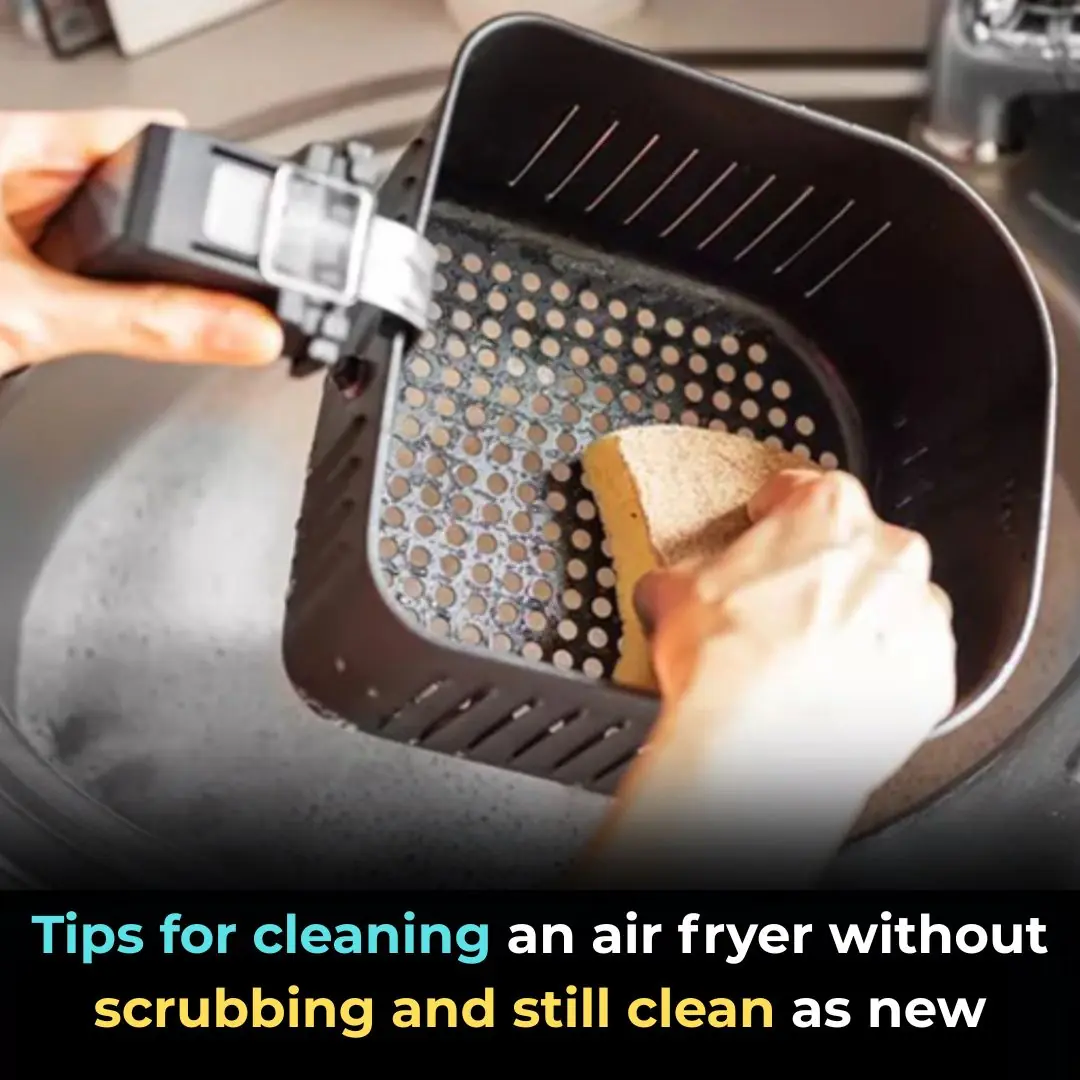
Tips for cleaning an air fryer without scrubbing and still clean as new

The water pipe is clogged, just blame this and it will be solved easily, no need to waste money calling a plumber.

How to clean the bathroom easily and effortlessly: It will stay clean and fragrant all week long

Simple tips for making crispy roast pork skin without much effort: Golden brown, crispy skin like in restaurants

Dirty sofa, do not use wet towel to wipe: Use this to clean it, it will not be damaged
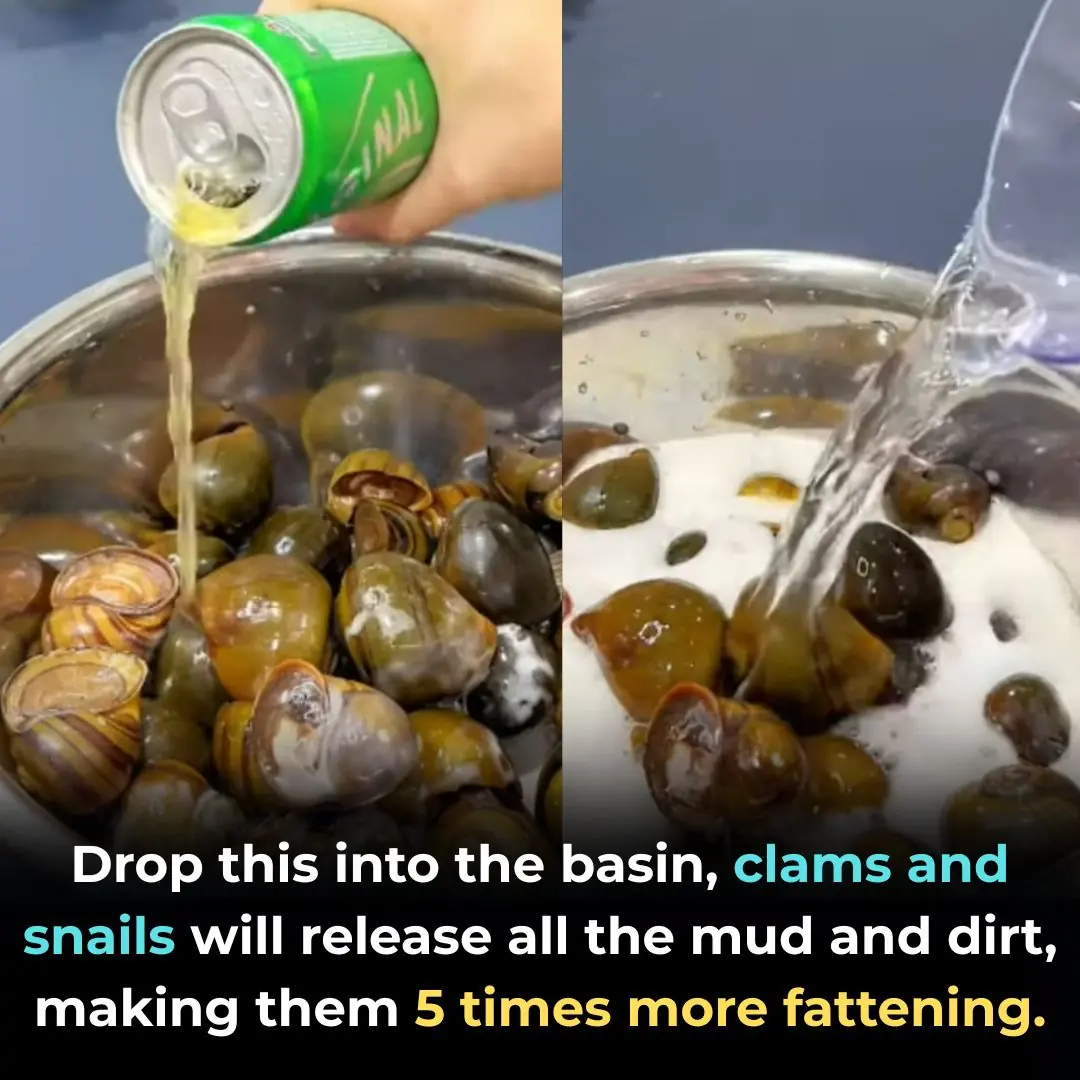
Drop this into the basin, clams and snails will release all the mud and dirt, making them 5 times more fattening.
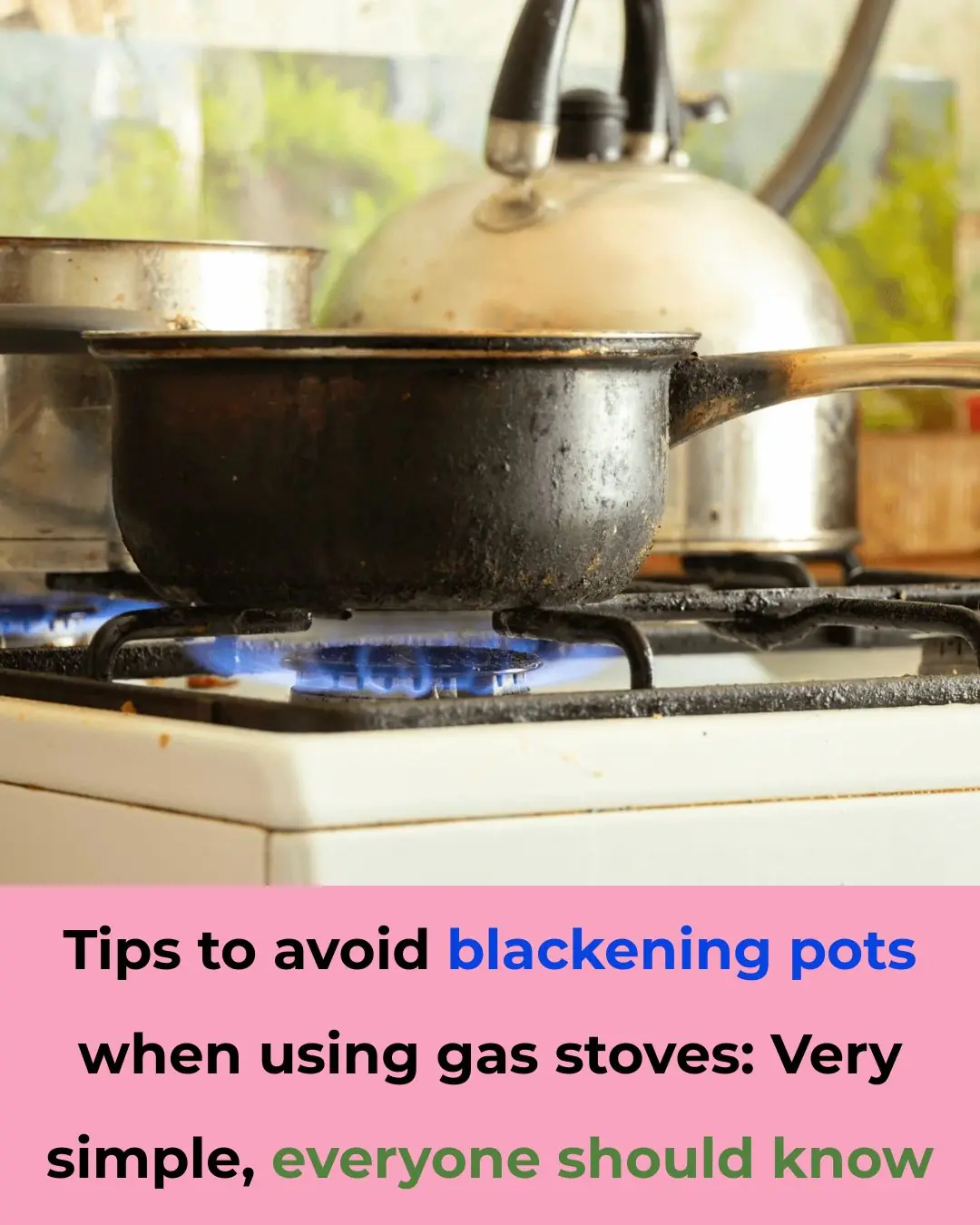
Tips to avoid blackening pots when using gas stoves: Very simple, everyone should know

Learn from the Japanese by soaking bananas in this water: Get a longevity food, not everyone knows

See why and how to choose melon effectively...
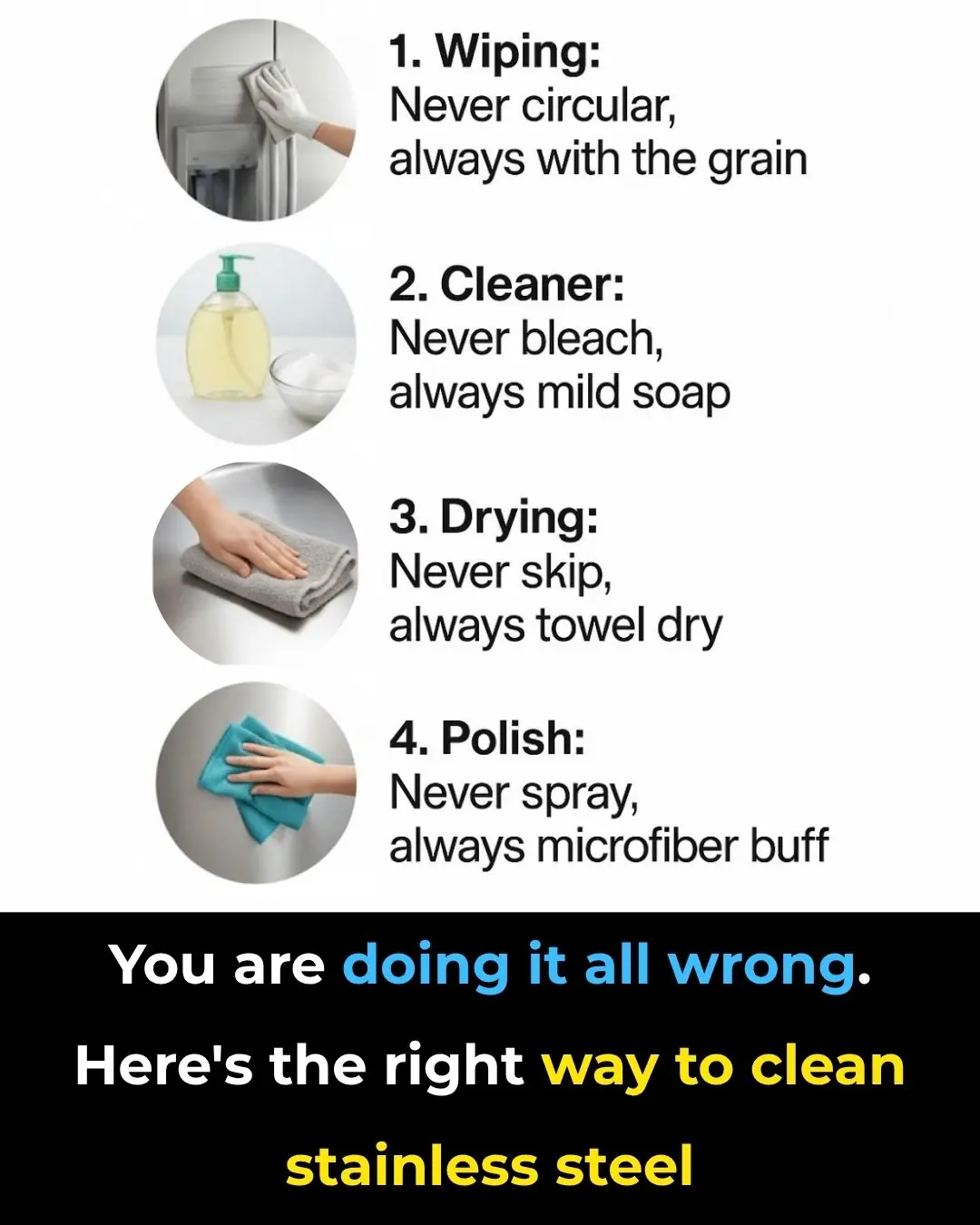
You are doing it all wrong. Here's the right way to clean stainless steel

Should You Throw Toilet Paper in the Toilet or in the Trash?

You are doing it all wrong. Here's the right way to clean your windows
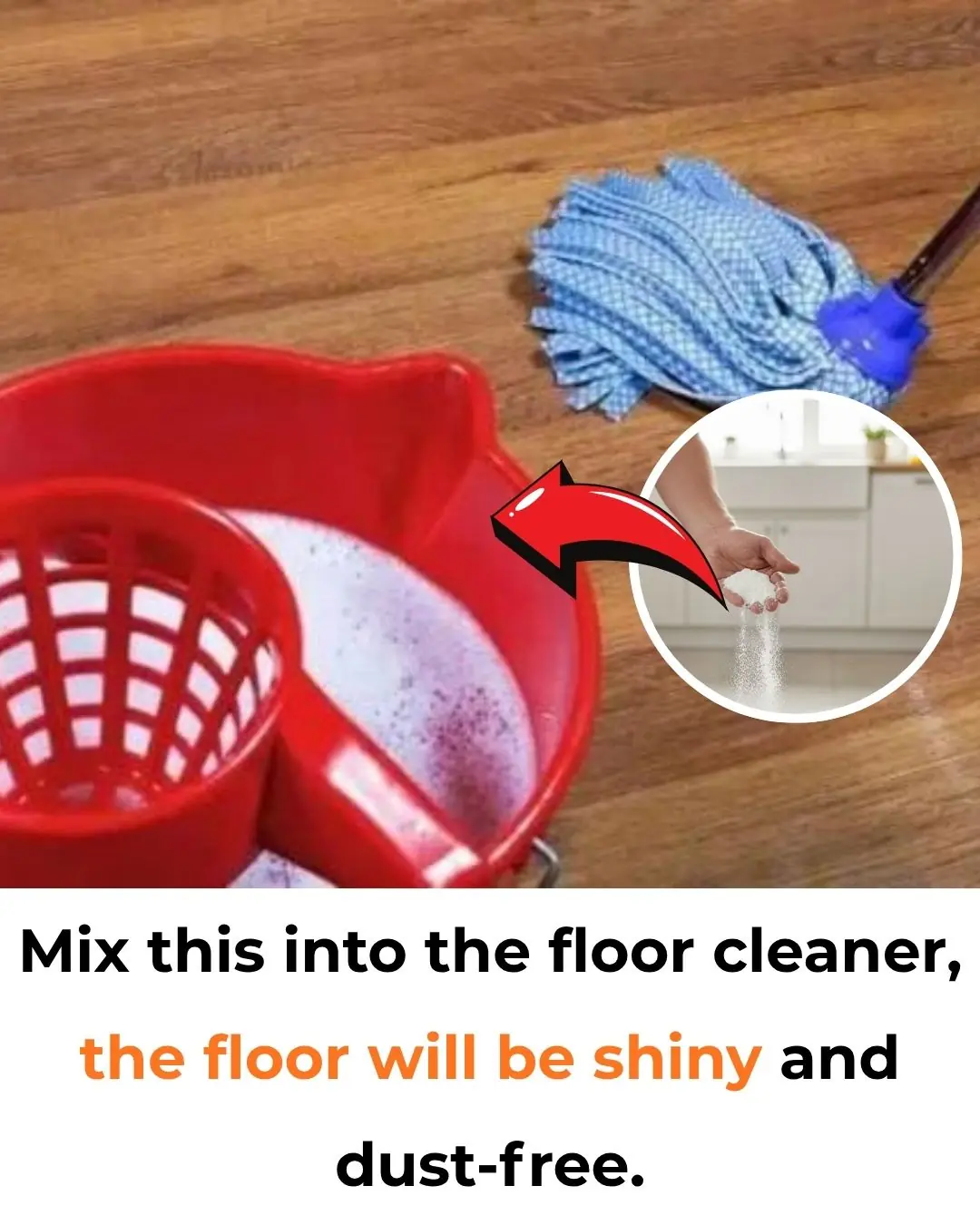
Add This to Your Mopping Water – Your Floors Will Shine Like New and Stay Dust-Free for a Whole Week

Hidden Smartphone Tricks You Didn’t Know About
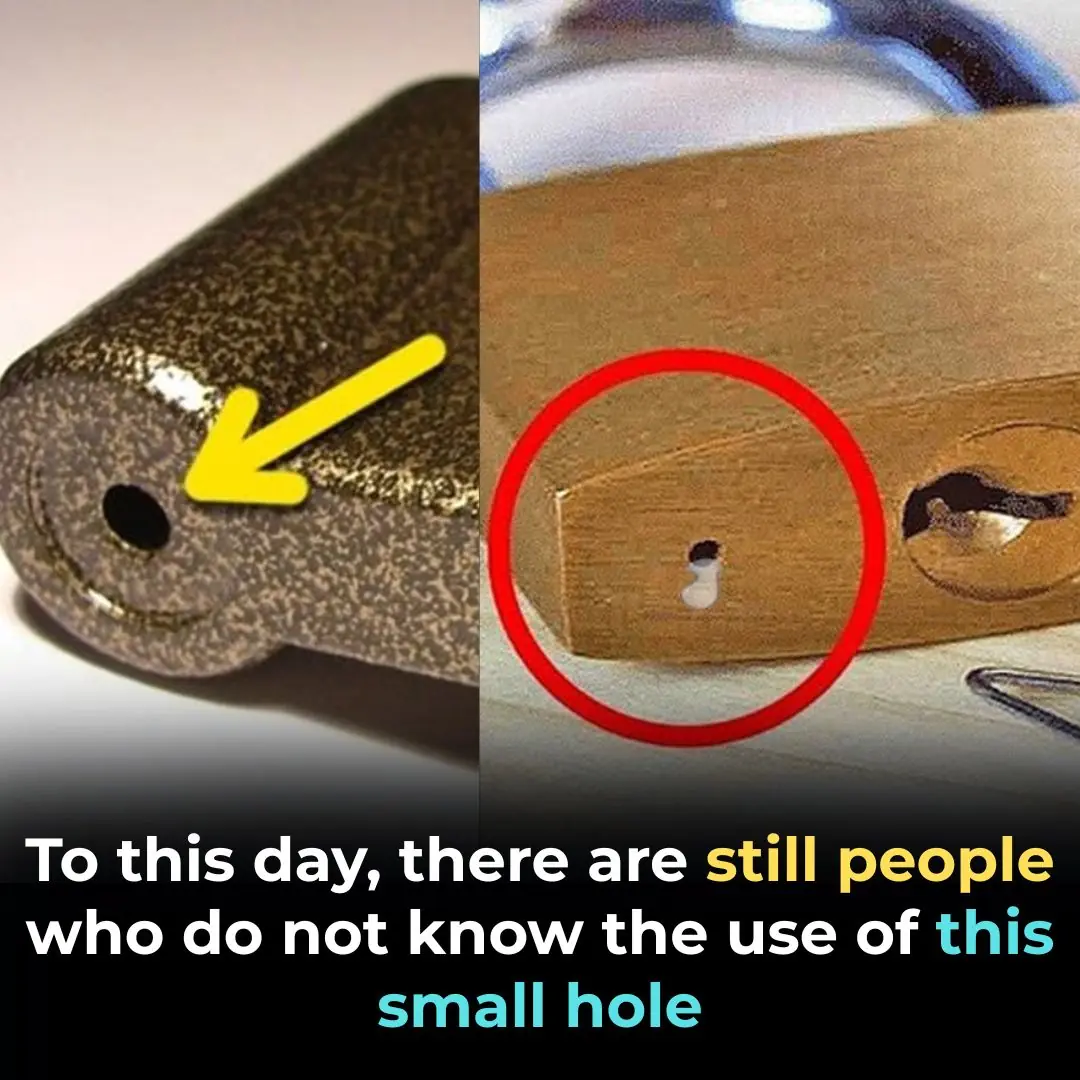
The Uses Of This Small Hole On a Padlock

You are doing it all wrong. Here's the right way to clean your washing machine

You are doing it all wrong. Here's the right way to store spices

You are doing it all wrong. Here's the right way to use your dryer
News Post
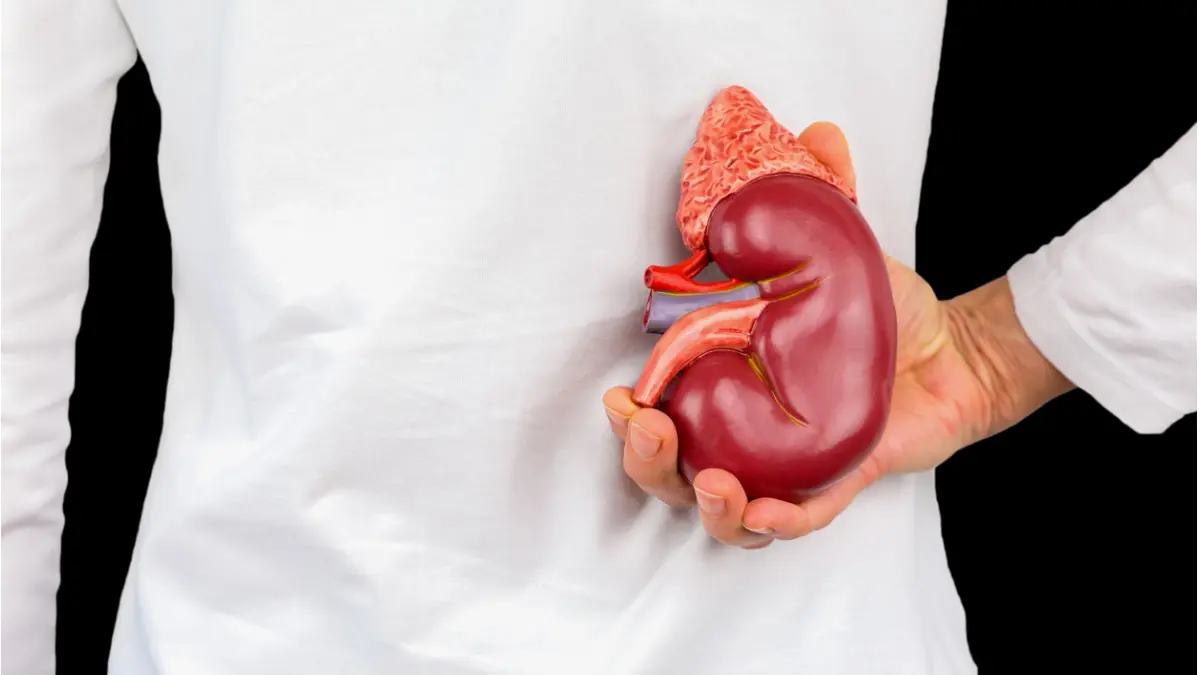
The #1 Food for Detoxifying and Supporting Kidney Health

Dark Chocolate and Tea Found to Significantly Lower Blood Pressure
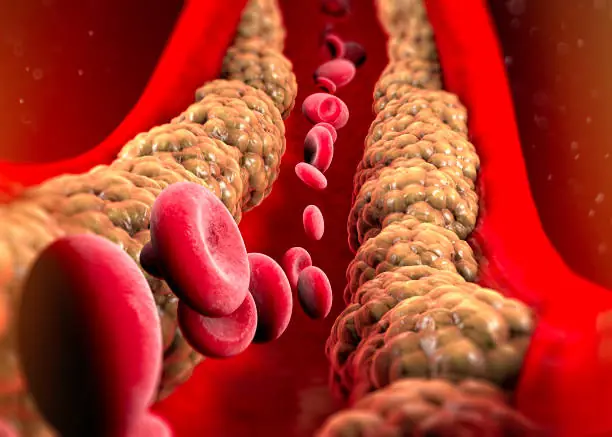
Why This Doctor Refuses to Prescribe Statins for High Cholesterol

Top 5 Foods to Avoid if You Have High Blood Pressure
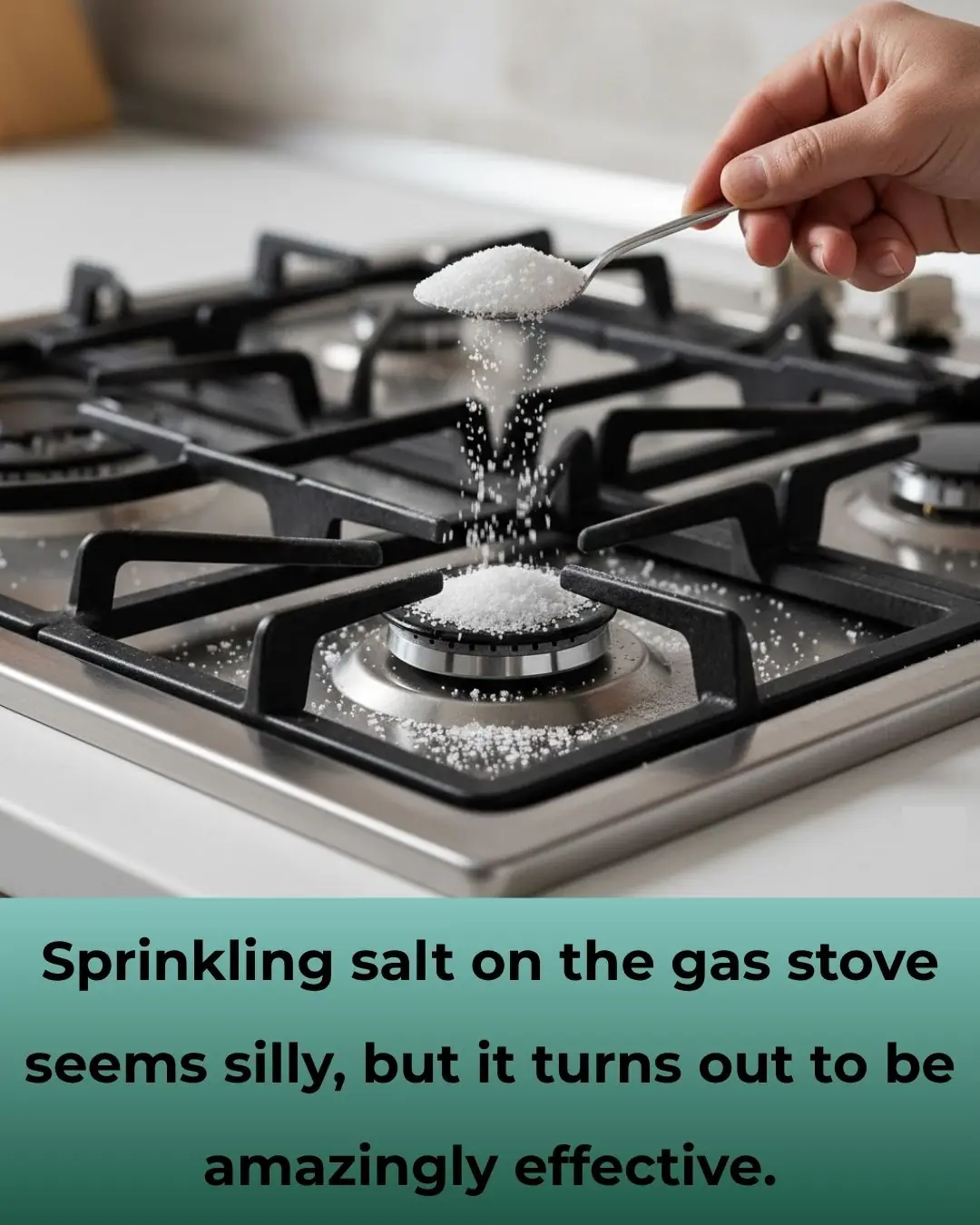
Why You Should Sprinkle Salt on Your Gas Stove

3 Flowers That Make Snakes Tremble — Natural Repellents You Can Grow at Home
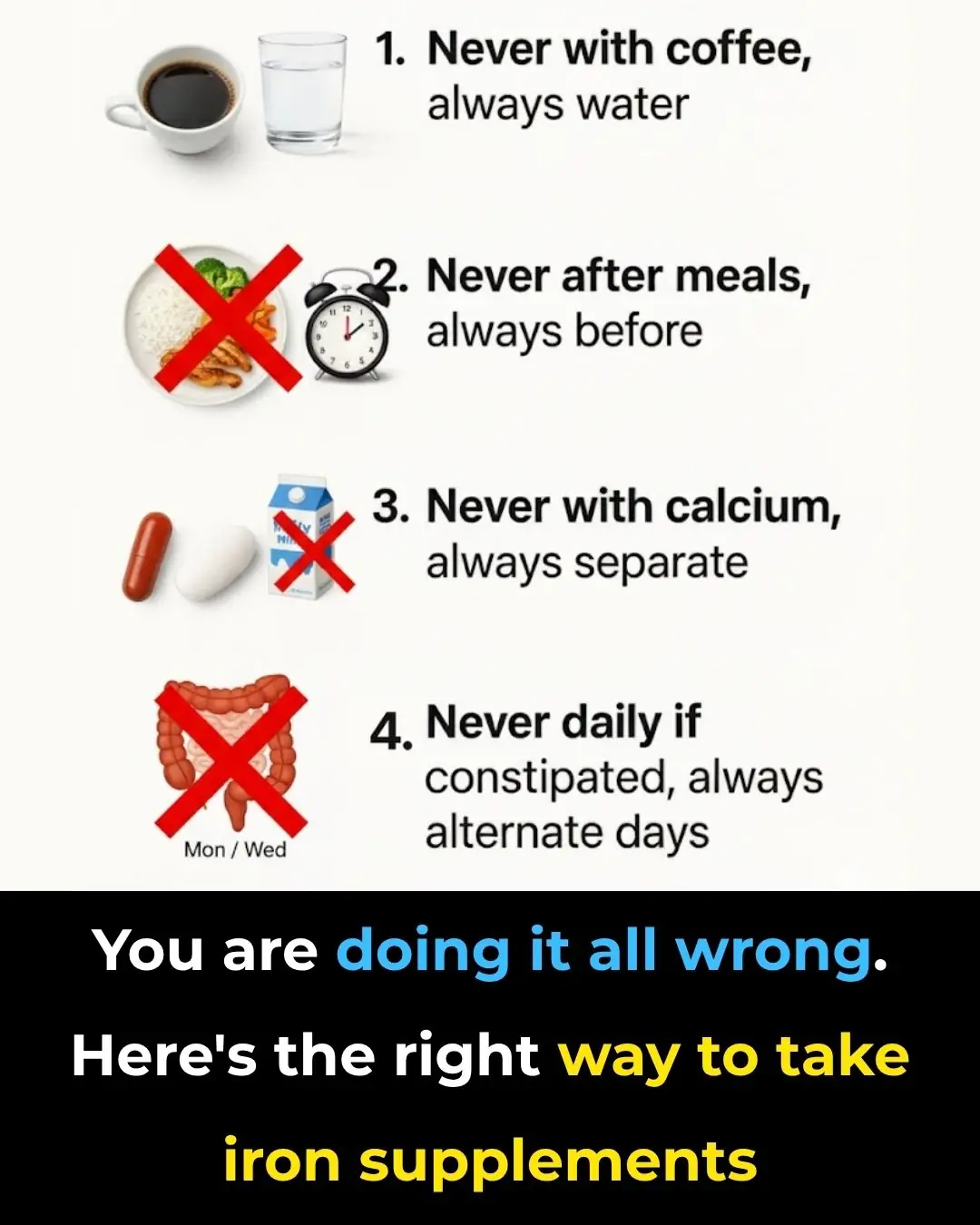
You’re Taking Iron Supplements Wrong — Here’s the Science-Backed Way to Do It Right
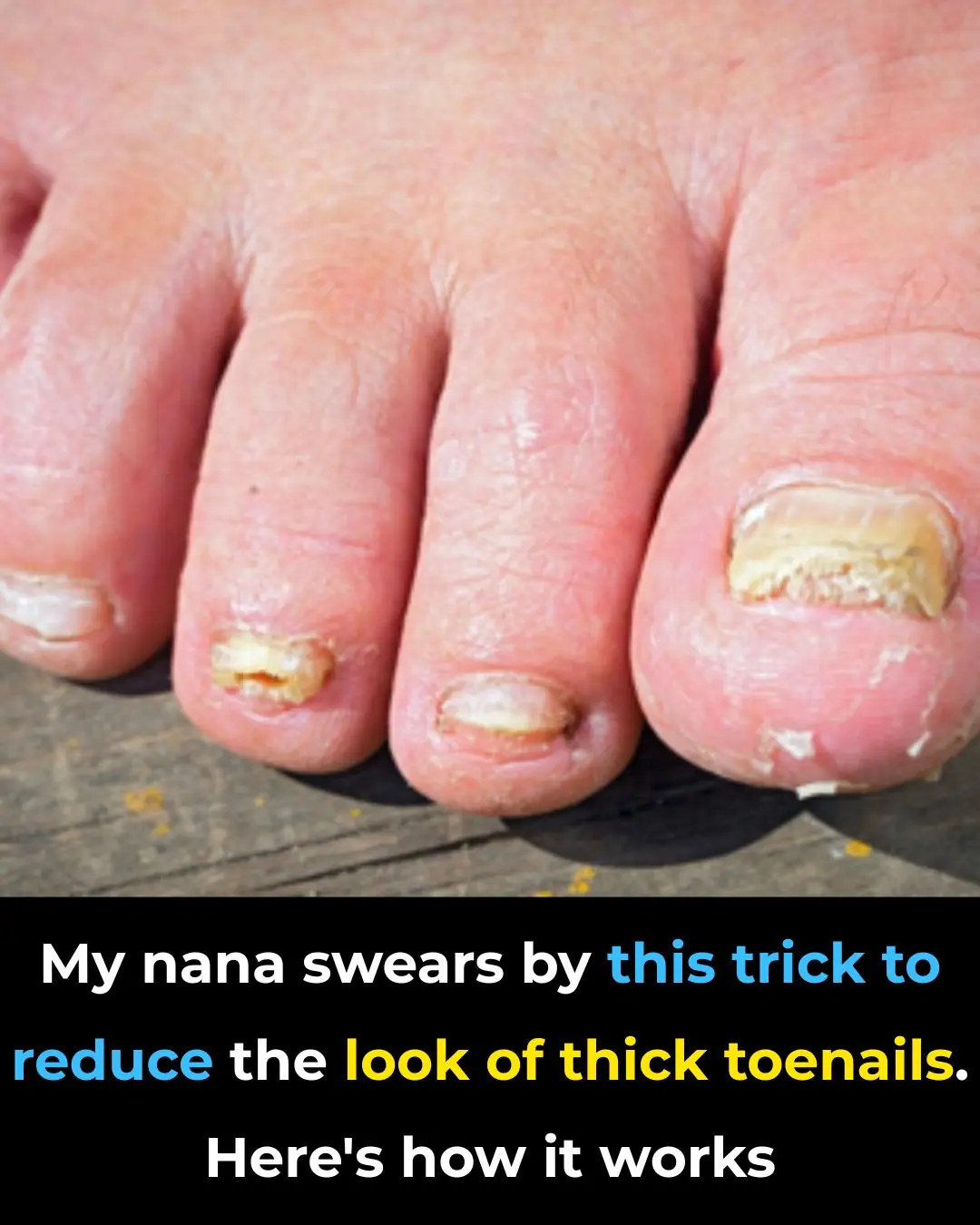
Nana’s Baking Soda Hack: The Surprisingly Effective Trick to Soften and Thin Thick Toenails

Never Mix Medications in One Box: 10 Serious Risks Most People Don’t Know

The Right Way to Take Ashwagandha: A Science-Backed Guide to Unlock Its Full Potential

Shrimp injected with impurities is easy to distinguish: Smart people will see this point

Tips for cleaning an air fryer without scrubbing and still clean as new
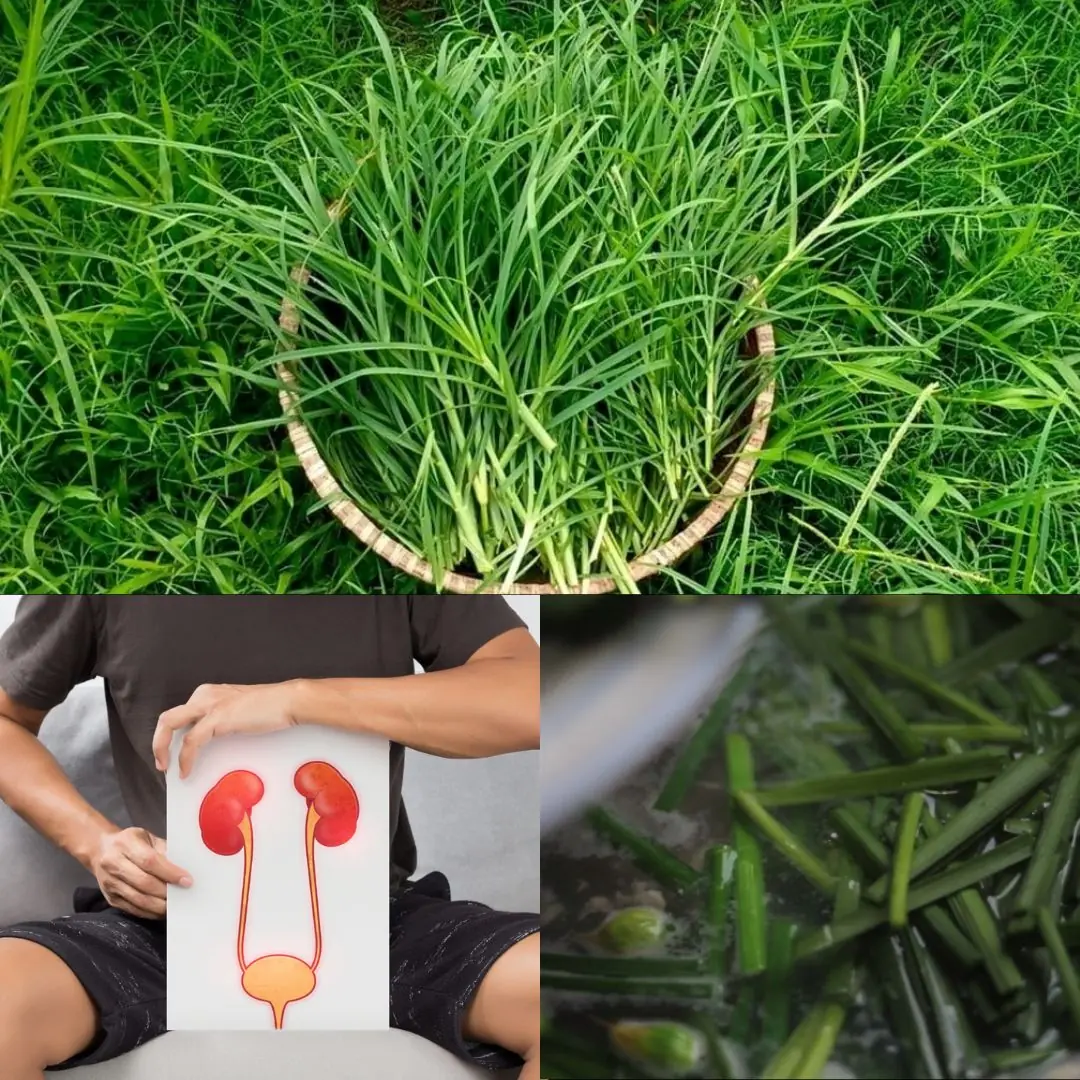
25 Incredible Health Benefits of Goosegrass

The water pipe is clogged, just blame this and it will be solved easily, no need to waste money calling a plumber.

How to clean the bathroom easily and effortlessly: It will stay clean and fragrant all week long

Simple tips for making crispy roast pork skin without much effort: Golden brown, crispy skin like in restaurants

How bathing too often can affect your health

Dirty sofa, do not use wet towel to wipe: Use this to clean it, it will not be damaged

Drop this into the basin, clams and snails will release all the mud and dirt, making them 5 times more fattening.
